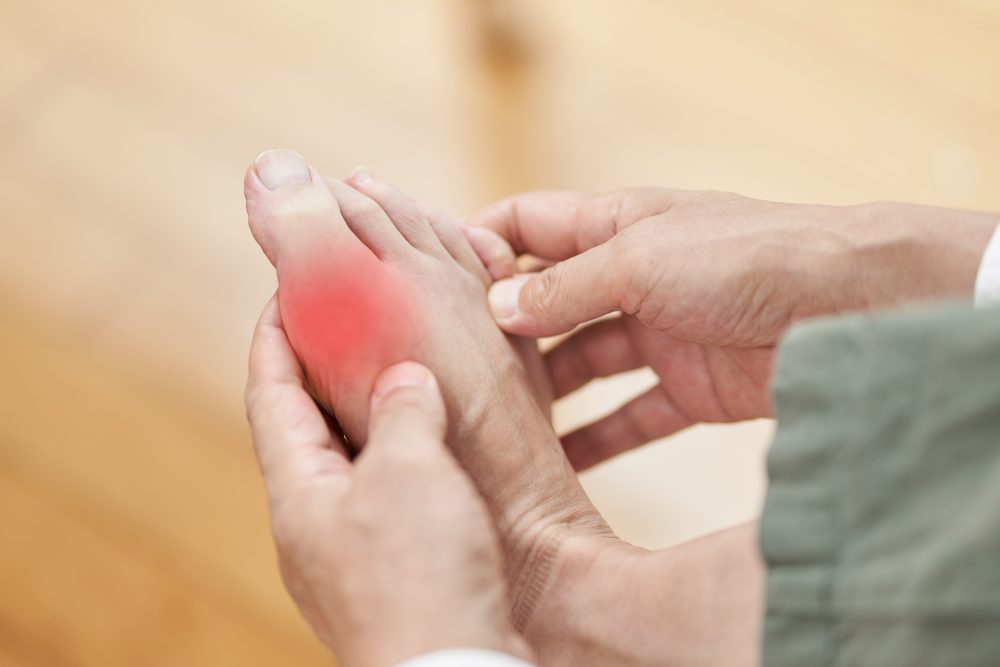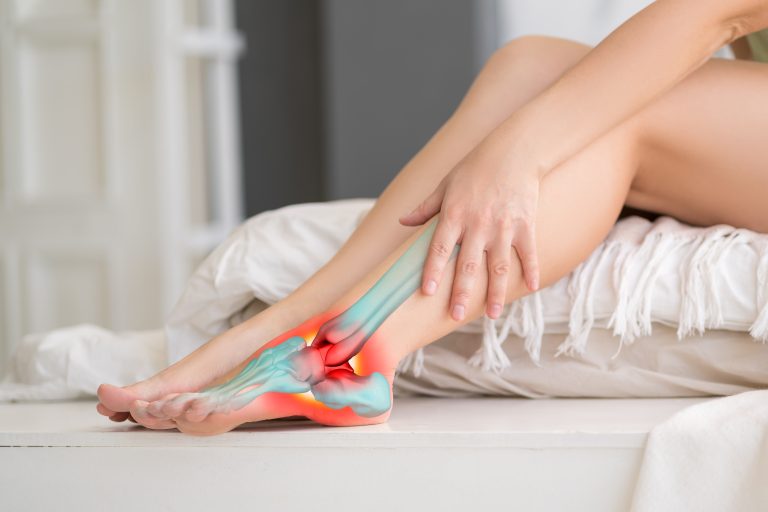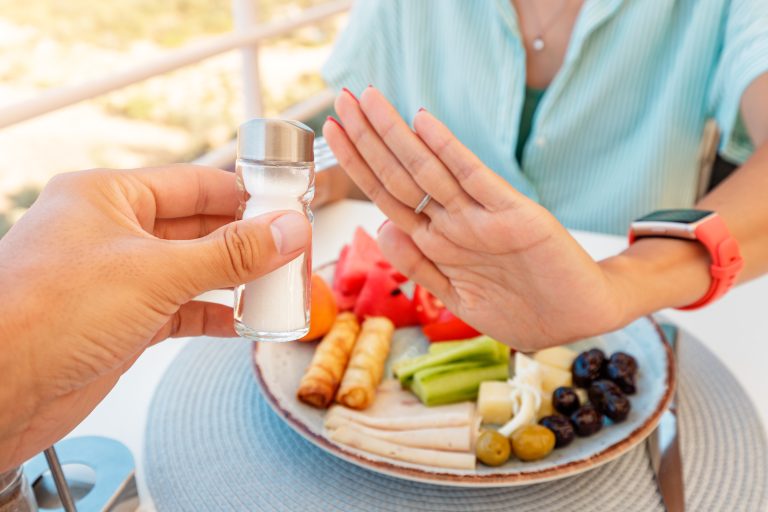Sudden, painful swelling at the base of the big toe is often the first sign of gout. It can also affect other joints. If left untreated, gout can cause severe joint damage and make it difficult to move. The good news is that most types of gout are treatable, especially if caught early. About 4% of adults in the U.S. have been diagnosed with gout. It is, in fact, the second most common form of arthritis after osteoarthritis. And it’s a growing problem.
If you want to know more about Gout you can enter this Channel: Gout Home Remedy
“The frequency of gout more than doubled nationwide between the 1960s and 1990s, and has continued to increase in the 1990s and 2000s,” notes Hyon Choi, M.D., a physician who studies gout at Boston University School of Medicine. Experts suspect that escalating rates of obesity and high blood pressure are partly to blame for the rise in gout. Gout has also been linked to other medical conditions, such as kidney problems, diabetes and heart disease.
Gout is caused by small, needle-like crystals that accumulate in the joints, resulting in sudden inflammation and severe pain. The crystals are uric acid, a substance that normally dissolves in the blood and leaves the body in the urine. But in people with gout, high levels of uric acid allow crystals to form in the joints and sometimes in the kidneys, where kidney stones are created.
Gout often appears in the foot: Gout Foot
Uric acid comes from the breakdown of substances called purines. Purines are found naturally in body tissues and in many foods. Eating foods rich in purines – such as organ meats, mussels and mushrooms – can trigger or worsen a gout attack. Alcohol or stress can also trigger an episode.
Who should Diagnose and Treat Gout?
The disease should be diagnosed and treated by a physician or team of physicians who specialize in the care of gout patients. This is important because the signs and symptoms of gout are not specific and may resemble those of other inflammatory diseases. Doctors who specialize in gout and other types of arthritis are called rheumatologists.
An excellent natural supplement can be purchased here: Gout Treatment
How is Gout treated?
Gout can be effectively treated and managed with medical treatment and self-management strategies.
Your healthcare provider may recommend a medical treatment plan for the following:
Manage the pain of an attack. Treatment of crises consists of nonsteroidal anti-inflammatory drugs (NSAIDs) such as ibuprofen, steroids and the anti-inflammatory drug called colchicine.
Prevent future attacks. Making changes in your diet and lifestyle, such as losing weight, limiting alcohol intake, eating less purine-rich foods (such as red meat or organ meats), may help prevent future attacks. Changing or stopping medications associated with hyperuricemia (such as diuretics) may also help.
A good diet is essential to prevent Gout: Gout Diet
Prevent the formation of tophi and kidney stones as a result of chronically high uric acid levels. Tophi are hard deposits of uric acid found under the skin. For people who have acute crises or chronic gout, doctors may recommend preventive therapy to lower blood uric acid levels using medications such as allopurinol, febuxostat and pegloticase.
In addition to medical treatment, you can manage your gout with self-management strategies. Self-management is what you do on a day-to-day basis to manage your condition and stay healthy, such as making healthy lifestyle choices. The self-management strategies described below have been proven to relieve pain and reduce disability, so you can focus on the activities that matter to you.
How can you manage Gout and improve your quality of Life?
Gout affects many aspects of daily life, such as work and leisure activities. Fortunately, there are many low-cost self-management strategies that have been proven to improve the quality of life for people with gout.
For gout, in particular:
Eat a healthy diet. Avoid foods that could trigger a gout attack, including foods high in purine (such as a diet rich in red meat, organ meats and seafood or fish) and limit alcohol consumption (especially beer and hard liquor).
There are many home remedies that help against Gout, you can learn about them here: Home Remedies For Gout


